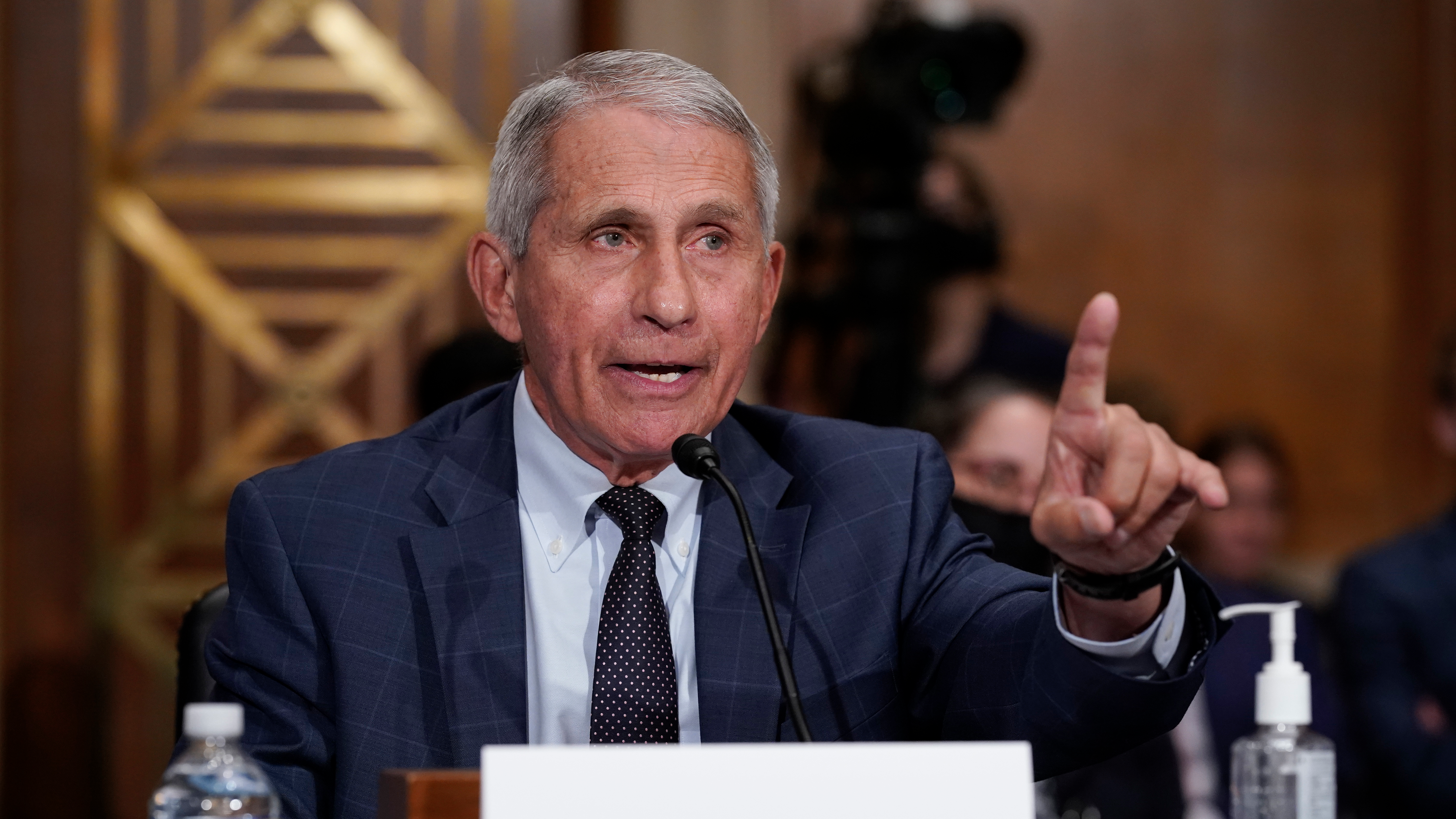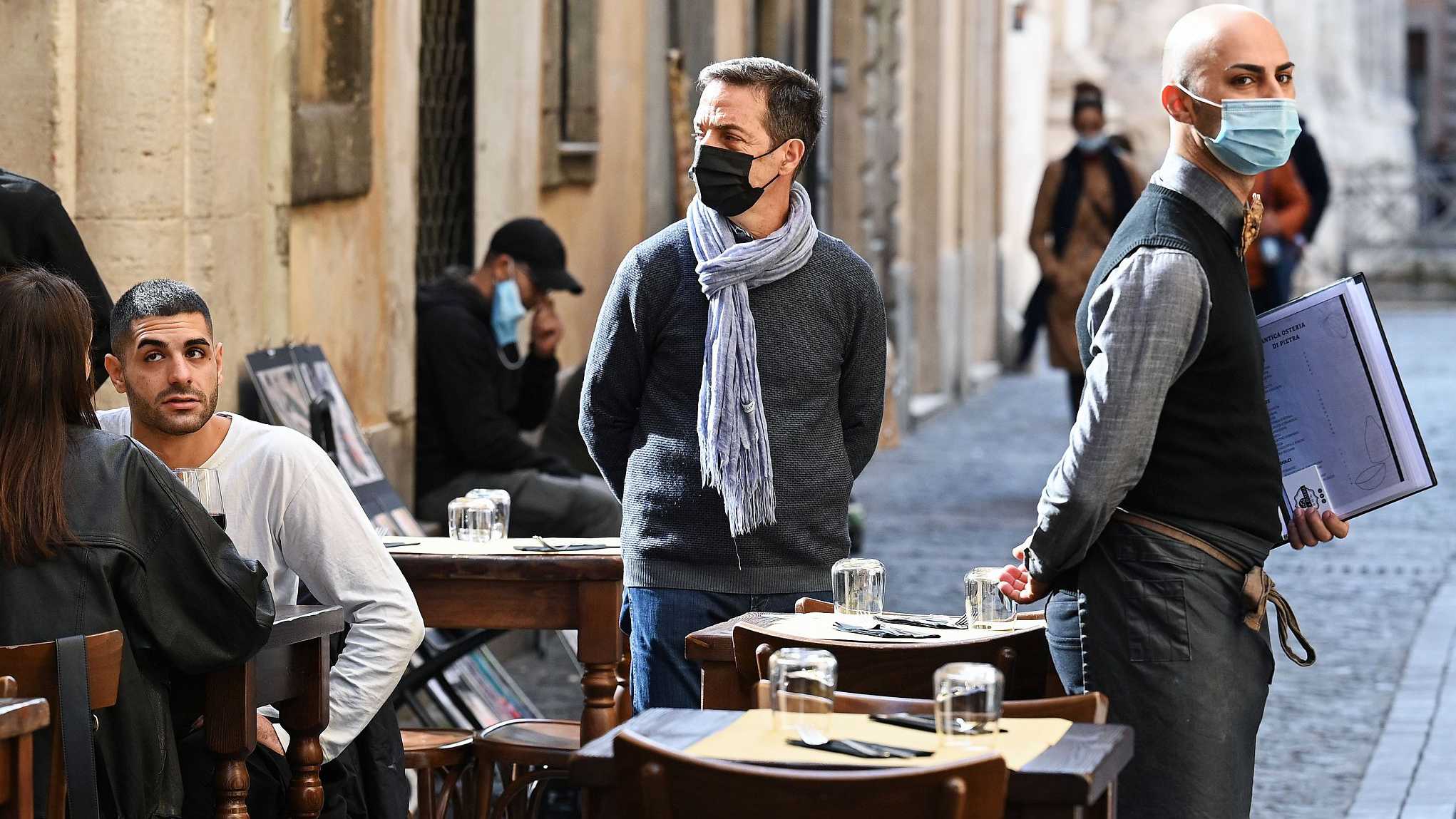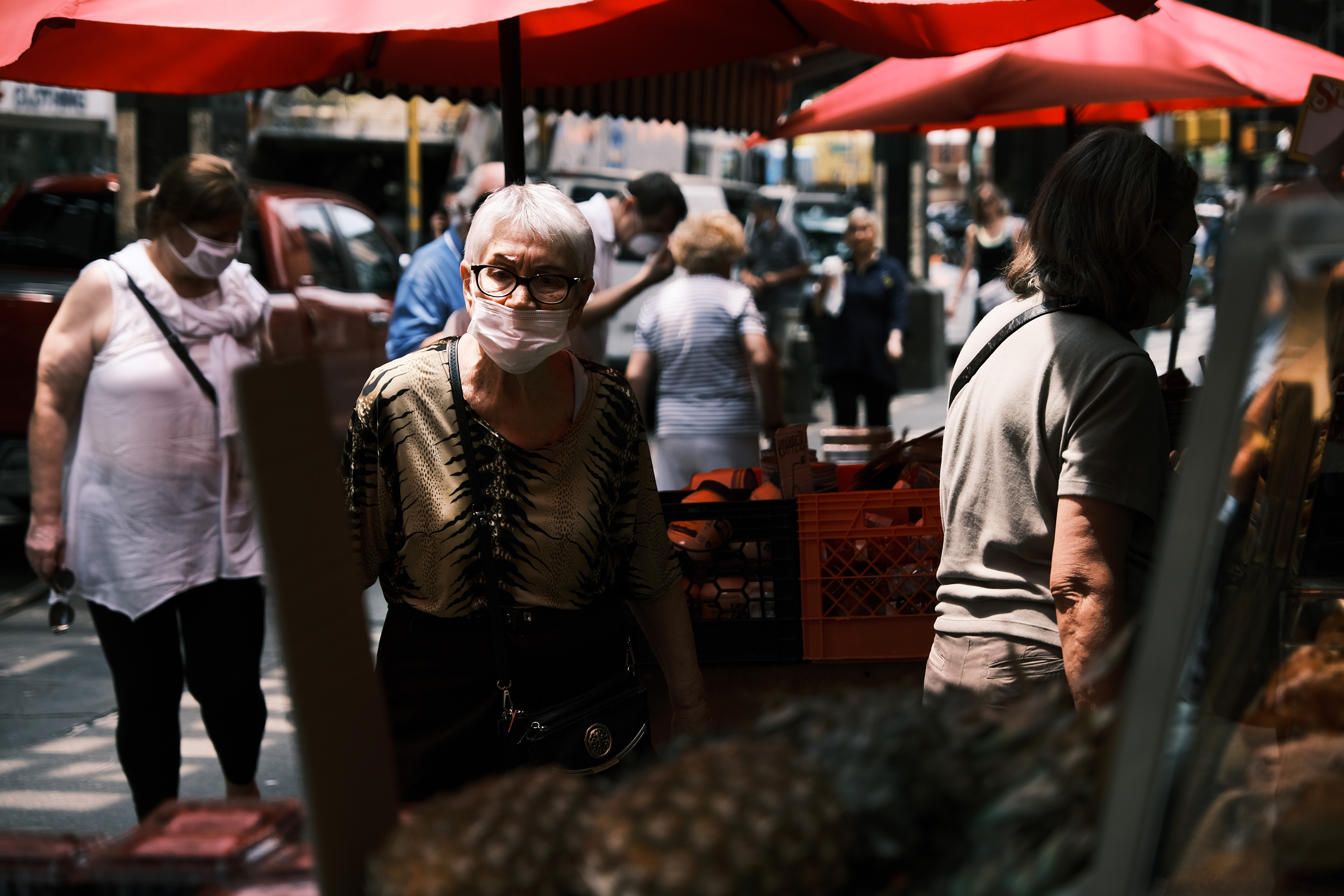
Editor's note: CGTN's First Voice provides instant commentary on breaking stories. The daily column clarifies emerging issues and better defines the news agenda, offering a Chinese perspective on the latest global events.
"Senator Paul, you do not know what you are talking about, and I want to say that officially," Dr. Anthony Fauci, the U.S.' top infectious disease expert, shot back at Senator Rand Paul during a testy exchange over the funding that the American National Institutes of Health granted to the Wuhan Institute of Virology.
"I totally resent the lie you are now propagating, senator," Fauci said.
It seems that in recent years, U.S. politics has nurtured a new skill – taking a fringe theory mainstream quickly. Nothing demonstrates its efficacy in this field like the COVID-19 lab-leak theory. It started as a quasi-conspiracy fantasy in the corners of U.S. public discourse that was taken up subsequently by the Republican Party as election rhetoric in the 2020 Presidential election to gain the anti-China votes.
It was thought that a Democratic administration would mean the banishment of this theory. But it turned out to be wishful thinking as increasing interest gave the theory international fervor. It became so dominating even to the point of infecting the WHO, as the organization declared the second phase of coronavirus origin-tracing would prioritize the lab-leak theory.

People sit at a restaurant terrace in downtown Rome, Italy, October 25, 2020. /CFP
People sit at a restaurant terrace in downtown Rome, Italy, October 25, 2020. /CFP
There is ample evidence that the virus could have appeared in other countries months before the first case was confirmed in China. The Washington Post reported that an oral swab taken from a boy outside Milan, Italy on December 5, 2019 tested positive for coronavirus RNA months later. A retrospective examination of over 9,000 serum samples found antibodies in the samples from the first week of November. Researchers in Italy even found traces of the virus in September 2019.
China has long suspected that the virus was brought to Wuhan from abroad. The possibility was addressed in the joint report issued by China and the WHO after their joint research in China. According to The Diplomat, there was an entire section devoted to the cold/food chain transmission and "called for further research into the theory." But the recommendation didn't appear in the WHO's updated plan.
Instead, the "extremely unlikely" lab-leak theory become one of the priorities.
The political pressure behind the change is undeniable. Gerald Keusch, associate director of the National Emerging Infectious Diseases Laboratory Institute at Boston University, described WHO Director-General Dr. Tedros as getting caught up in "the barrage of media and political commentary," particularly in the United States, the WHO's largest funding source. "I think he's under enormous pressure, and he's capitulated," Keusch said.

Residents of Brighton Beach Brooklyn shop on July 22, 2021 in New York City. The historically Russian neighborhood has experienced a rise in COVID-19 cases in recent days. Currently, Brighton Beach has a 3.7 percent positivity rate, one of the highest rates in New York City. /Getty
Residents of Brighton Beach Brooklyn shop on July 22, 2021 in New York City. The historically Russian neighborhood has experienced a rise in COVID-19 cases in recent days. Currently, Brighton Beach has a 3.7 percent positivity rate, one of the highest rates in New York City. /Getty
A POLITICO-Harvard poll from early July found that 52 percent of U.S. adults believe that the virus leaked from a lab, almost double the amount in March 2020. The Wuhan Institute of Virology is at the center and the hallmark of U.S. politicians' rhetoric and policy regarding China and the pandemic. President Joe Biden once shut down a Trump-era State Department effort to prove that the virus origin was a Chinese lab, citing concerns over the quality of its work. It was replaced only days later with Biden calling on the U.S. intelligence apparatus to conduct a 90-day fishing expedition.
Just think about this: The world community, international science experts and scholars have spent more than a year trying to find the origin of the virus. What could an investigation with a short and limited timeframe do? A hastened investigation could only serve to confirm the U.S. political community's assumptions or to provide a plethora of evidence that wouldn't lead to a conclusion but to more spinning and propagating by politicians.
There are many like Rand Paul who zero in on the most convenient theory and wield it around for popularity and power. Republican Congressman Michael McCaul is reported to be planning on releasing a COVID-19 origin report by the end of July that "stitches together a narrative of the lab leak theory and makes 'a pretty declarative statement,'" according to CNN.
"I believe we have found the answer to the question," McCaul said. It doesn't take effort to have a pretty clear idea about what's going to be in that report written by someone calling COVID-19 the "worst cover-up in human history." COVID-19 origin tracing belongs squarely in the scientific community. Exerting political pressure on what was supposed to be an apolitical organization turns scientific research into political competition.
It is not helpful. Congresswoman Alexandria Ocasio-Cortez said recently that many members of Congress don't even read bills before commenting on them. Clearly, many U.S. politicians don't know what they are talking about.
(If you want to contribute and have specific expertise, please contact us at opinions@cgtn.com.)

